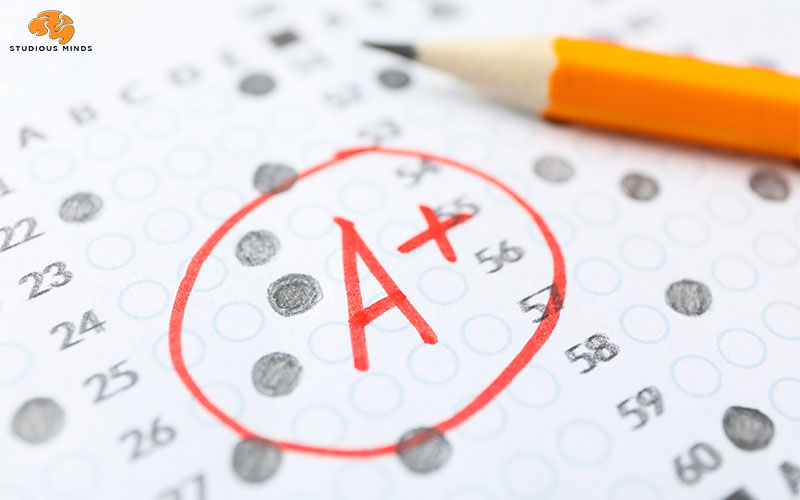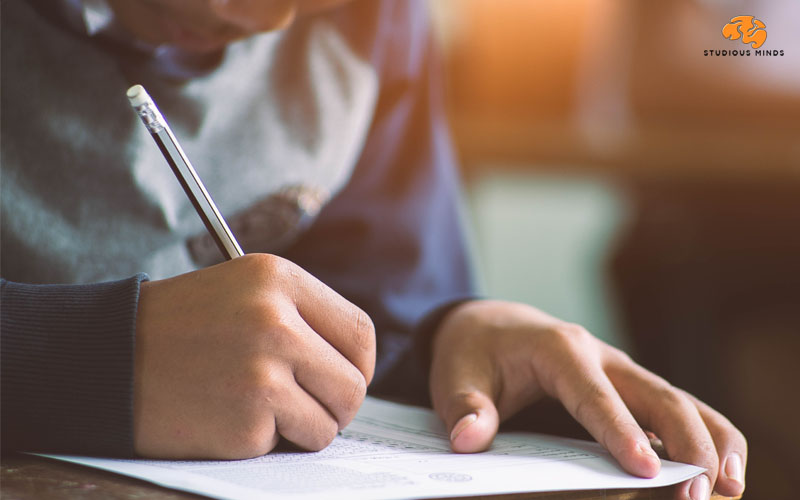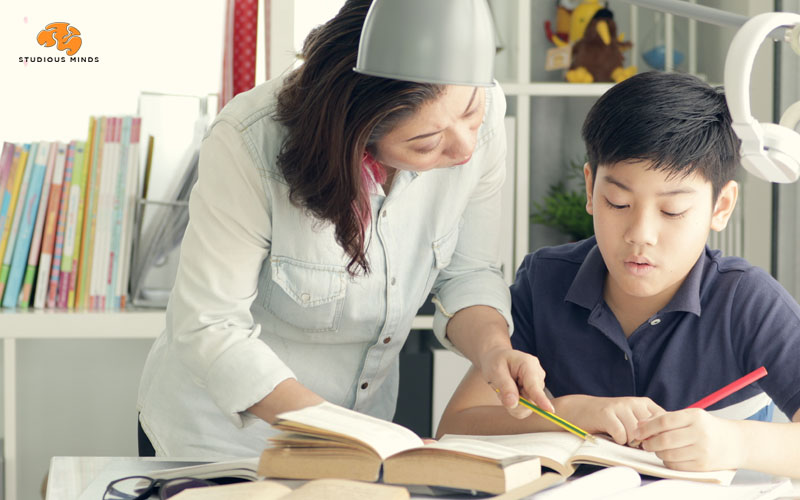It is natural for parents to want the best for their children; this includes academic success. However, many parents may not realise that their desire for their child to perform well in school can place undue stress on the kid, who may already be struggling with peer pressure and self-expectations.
In fact, a survey conducted by Focus on the Family Singapore discovered that students in Singapore are more concerned about their exams than the COVID-19 pandemic, which speaks volumes about the academic pressure they face. So as a parent, what can you do to help your child cope with exam stress? Read on to find out.
Tip #1: Ensure your child takes regular study breaks

With limited time available daily, it is tempting for students to try to maximise their time for revision. Sometimes, this means cramming and burning the midnight oil. However, this often has the opposite effect, as your child will be too tired to focus in school or on their O-level maths tuition class the following day.
Instead, you should work with your child to create a consistent study routine and ensure they stick to it. Balance their revision sessions with regular study breaks to allow your child to destress and unwind. This way, your child feels energised when it is time for another round of revision.
Tip #2: Lend a listening ear

It is natural for a student to feel concerned about an upcoming exam. However, every student handles test anxiety differently. Some may feel overwhelmed by the stress, thereby impacting their academic performance. As parents, it is crucial for you to tune in to your child’s emotional needs and lend a listening ear so that they feel heard and supported.
Encourage them to share their concerns and reassure them that you will always be there to support them. Let them know that while grades play a vital role in their academic future, they are not the be-all and end-all. Often, you may find that a heart-to-heart chat can ease your child’s concerns significantly.
Tip #3: Encourage healthy routines

Healthy routines play a vital role in improving one’s physical and mental health. In particular, studies have shown that regular exercise can have a positive effect on a person’s mood. This is because our body produces chemicals called endorphins when we exercise, which help trigger positive feelings and reduce stress.
In addition to regular exercise, you should encourage your child to consume healthy food, especially those with high amounts of vitamin C, and get sufficient rest (at least 7 to 8 hours a day). These factors can help your child stay alert during school and their O-level maths tuition classes, allowing them to absorb the study materials better.
Tip #4: Check if your child is struggling

Sometimes, the very thing contributing to your child’s test anxiety could be a lack of understanding of the material. If your child struggles with a subject, it is natural for them to feel anxious about taking the exam. Therefore, it is essential for you to stay informed of your child’s progress in school. Check in regularly with your child and speak with their teachers to learn how they are coping with school.
If your child is struggling with a particular subject, like chemistry, you can consider searching for the top O-level chemistry tuition centre in Singapore and enrolling them in the class. With a tutor around to provide a guiding hand and clarify their doubts, your child may feel better prepared for their exams, thereby contributing to lower anxiety levels.
Furthermore, tutors usually possess a thorough understanding of the syllabus and have experience guiding numerous students in preparing for their exams. As such, they generally have several helpful tips up their sleeves to assist students with their exam preparations, which can help reduce test anxiety.
At the end of the day, the most important thing you can do as a parent is to be there for your child when they need it. Positive affirmations and encouragements can go a long way in helping your child cope with exam stress. Additionally, you should not neglect your child’s practical needs. For example, if you notice your child is struggling with A-maths, you can consider enrolling them in additional maths tuition to ensure they do not fall behind in their studies.
At Studious Minds, we offer a comprehensive selection of maths and chemistry programmes, including IB chemistry tuition and O-level maths tuition. Do not hesitate to contact us today to enquire about our class schedules and rates.



















